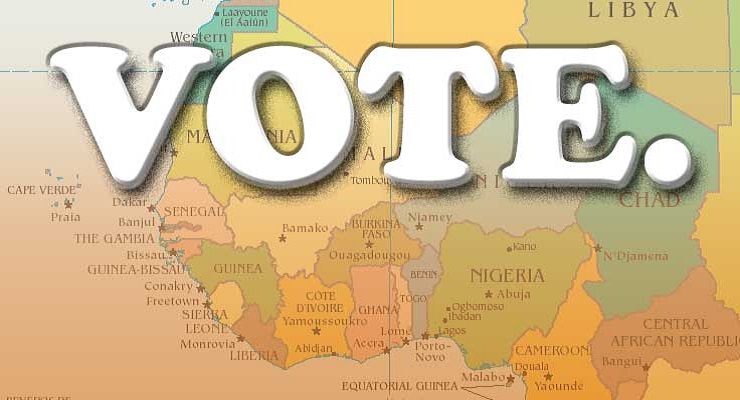 Despite redemocratisation, authoritarianism remains a key feature of politics in Africa. The continents autocrats are able to cycle themselves in and out of power. A new article published by Democracy Digest explores how. Here is an excerpt:
Despite redemocratisation, authoritarianism remains a key feature of politics in Africa. The continents autocrats are able to cycle themselves in and out of power. A new article published by Democracy Digest explores how. Here is an excerpt:
In 2021, coups d’état ousted four heads of state in sub-Saharan Africa. Army interventions in Chad, Mali, Guinea and Sudan halted a years-long decline in military takeovers. Some heralded this as the comeback of the army in African politics, contributing to a new phase of ‘democratic backsliding’, note University of Sussex analysts Andrea Carboni and Clionadh Raleigh.
The literature on political survival provides a more compelling narrative to explain political change in competitive autocracies. A leader’s survival is conditioned on the support of senior elites, they write for The Conversation:
The concept of a ‘political marketplace’ has aptly captured the transactional nature of regime strategies to determine association, loyalty and alliances with senior elites…. Drawing on these insights, our recently published paper seeks to explain political change in African competitive autocracies using the notion of ‘regime cycles’. This framework, which produced rich insights into the failed democratisation processes of the post-communist states during the 1990s, suggests that elites must act collectively if they are to challenge the leader, identifying four stages within a regime cycle.
Continue reading here.
Leave a Reply